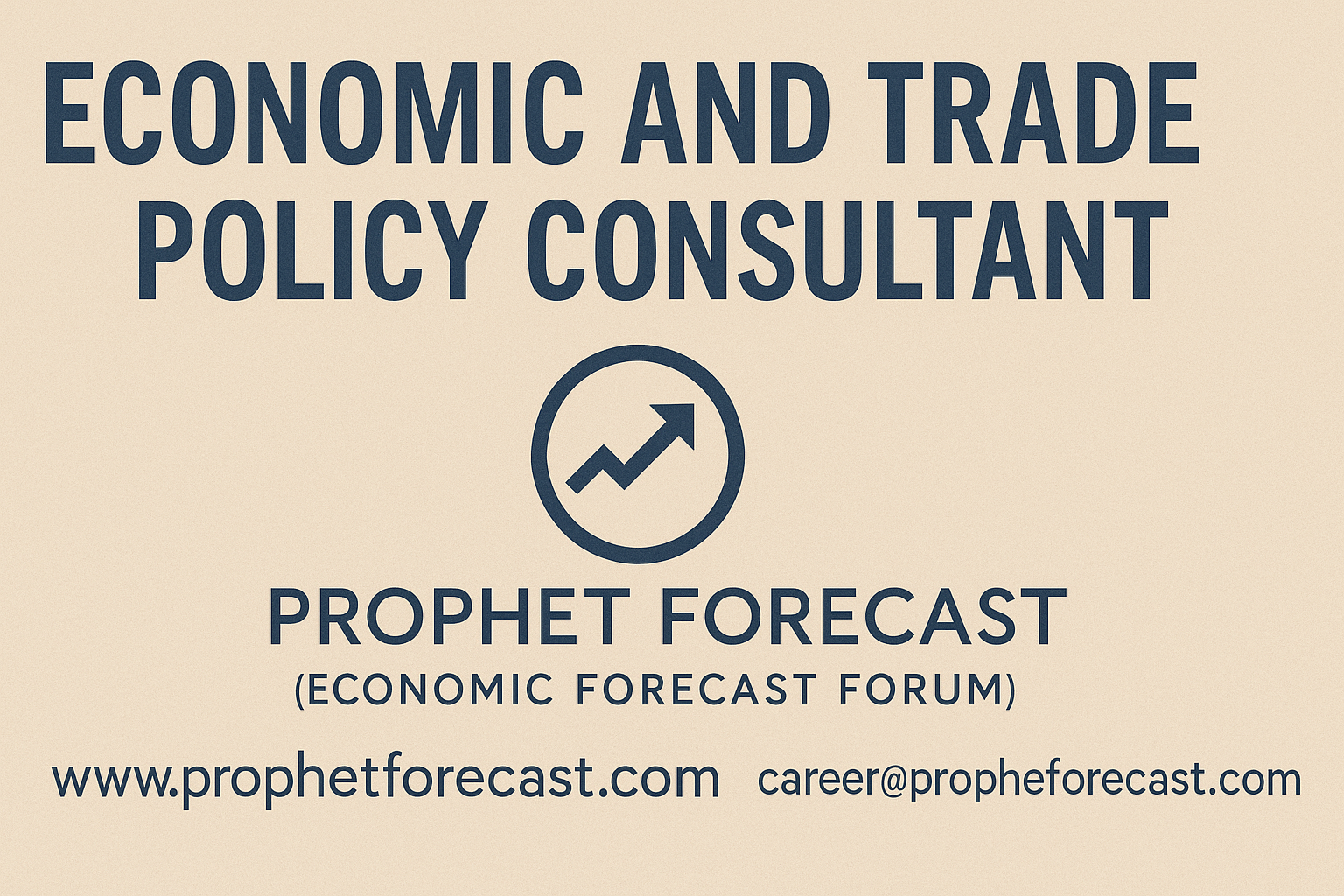Klaus Schwab has led the WEF — the organization behind the prestigious Davos conference — for over 50 years. But Schwab’s life work has also been criticized as a symbol of the elites’ detachment from ordinary people.
The founder of the World Economic Forum (WEF), Klaus Schwab, resigned on Monday as chairman of the forum’s board.
“Following my recent announcement, and as I enter my 88th year, I have decided to step down from the position of Chair and as a member of the Board of Trustees, with immediate effect,” he said in a statement released by the WEF.
The German-born economist did not offer a reason for leaving the Geneva-based WEF, which organizes annual meeting of the international political and economic elite in the Swiss luxury ski resort of Davos.
Vice Chairman Peter Brabeck-Letmathe will serve as interim chairman, with the search for a new chair having begun after Schwab’s resignation was accepted at an extraordinary meeting on April 20.
Schwab established the WEF in 1971 with the aim of creating a forum for policymakers and top corporate executives to tackle major global issues. The first conference was also held in Davos that year, with hundreds attending, including businesspeople, academics and politicians.
In a surprising turn of events, Klaus Schwab, the long-standing chairman of the World Economic Forum (WEF), has been removed from his position. The announcement was made this morning by the organization, signaling a major shift in the leadership of the influential global body that has been a key player in shaping economic and political discourse over the past few decades.
The WEF, known for its annual meetings in Davos, Switzerland, which bring together political leaders, business magnates, and influential thinkers from around the world, did not immediately provide specific details regarding the reasons behind Schwab’s removal. However, sources close to the organization suggest that internal disagreements over the direction of the Forum’s future and mounting pressure from global stakeholders may have played a role in the decision.
Klaus Schwab, who founded the WEF in 1971, has been a prominent figure in the world of global economics, spearheading initiatives that have had a significant impact on public policy, corporate responsibility, and international relations. Under his leadership, the WEF became known for its discussions on climate change, digital transformation, and global inequality, attracting leaders from both the public and private sectors.
The news of Schwab’s departure has sent shockwaves through the global community, with reactions ranging from surprise to speculation about the future of the WEF. Analysts suggest that Schwab’s removal could mark the beginning of a new era for the Forum, as it navigates the increasingly complex landscape of global politics and economics.
In the coming weeks, the WEF is expected to announce an interim leadership team while a search for a permanent successor to Schwab is underway. The organization faces crucial decisions about its future direction, especially given the growing influence of emerging markets and the shifting dynamics of global governance.
As the story develops, political and economic leaders around the world will be closely watching to see how this leadership change affects the WEF’s ability to drive global change and foster collaboration on key issues such as sustainability, inequality, and economic growth.
Schwab established the WEF in 1971 with the aim of creating a forum for policymakers and top corporate executives to tackle major global issues. The first conference was also held in Davos that year, with hundreds attending, including businesspeople, academics and politicians.
Over the decades, however, the WEF and the annual summit started drawing criticism from opponents on both left and right as being too elitist and detached from lives of ordinary people. Schwab himself was targeted by various conspiracy theorists in recent years. One viral controversy links him to the “You’ll own nothing. And you’ll be happy” quote which was published by the WEF in a 2016 video clip.
The video speculates on the ways the world could change by 2030. Schwab has never said or wrote the words shown on screen, which are actually based on an essay by Danish politician Ida Aukens about possible futures “for better and for worse.” However, many have interpreted the video as proof of the WEF working to create a dystopian future without private ownership.

